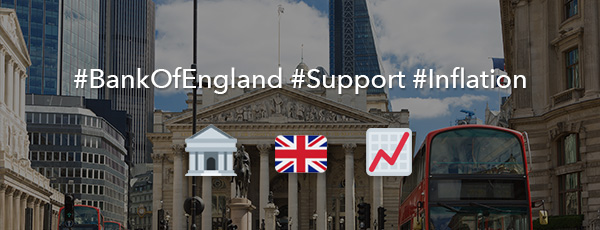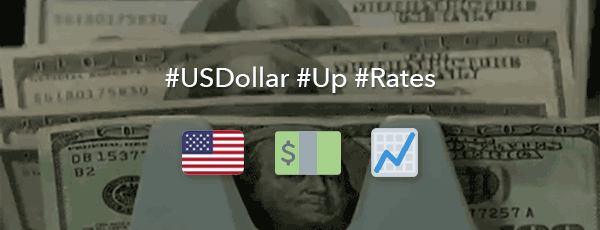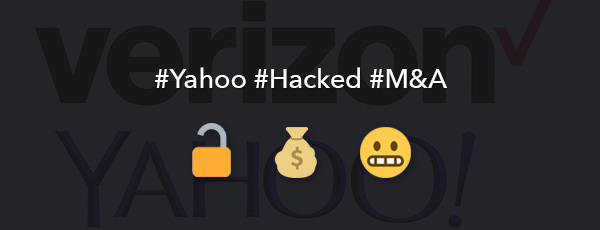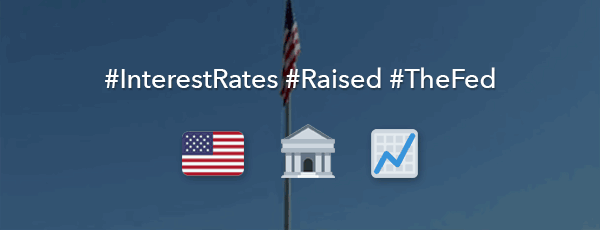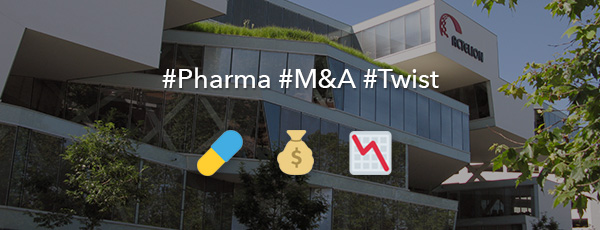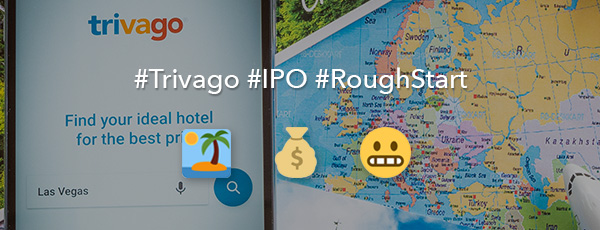
Image source:
What's going on?
Trivago, the online hotel booking platform, became a publicly traded company on Friday (i.e. it completed an IPO). But it was a bit of a bumpy ride to get there with Trivago having to sell its shares for less than it hoped.
What does this mean?
Trivago is actually a German company, but it�s chosen to have its stock trade in the US. Its primary business is an online hotel booking service, where it makes most of its revenue via bookings and by selling advertising space to hotels and other tourism suppliers. The optimistic view of the company is that its success will be tied to the overall growth of the tourism business and, particularly, the continuing move to online travel booking.
Why should I care?
The bigger picture: Online travel booking is a highly competitive space.
Trivago is far from the only online hotel booking service (in fact, its biggest shareholder is Expedia, a giant in the space). Trivago has spent a lot of money on marketing in an attempt to grow its users and revenue. This has resulted in higher revenue but increasingly negative profits (i.e. it�s losing more money each year). Eventually, of course, it needs to turn a profit � and that�s tough in a super competitive industry.
For the stock: Investors were initially underwhelmed.
Trivago�s shares jumped 8% above the price at which they were initially sold to investors on Friday ($11 per share). But that masks the fact that the original plan was to sell shares to investors at a price somewhere between $13 and $15. Low demand for Trivago�s shares at that price range caused the company to offer its stock at a lower price, and the IPO process went pretty smoothly from there.
Originally posted as part of the Finimize daily email.
The top 2 financial news stories in 3 minutes. Join over one million Finimizers
